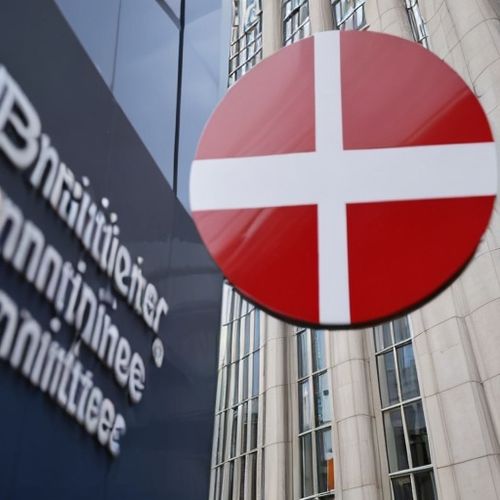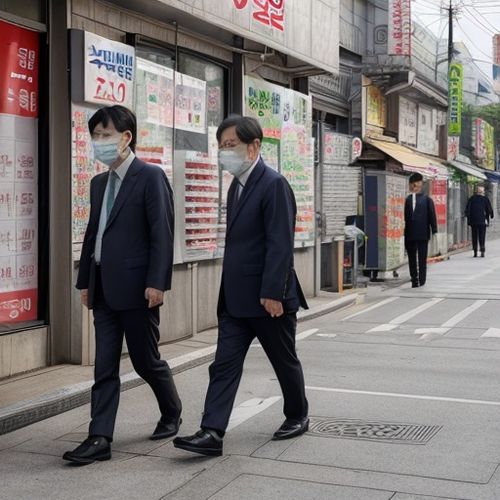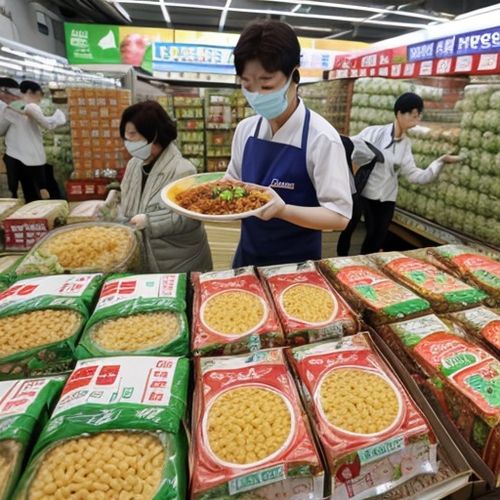South Korea's consumer price index (CPI) has recorded a new low for the year 2021, indicating a significant slowdown in inflation. This development has far-reaching implications for the country's monetary policy, potentially providing the Bank of Korea (BOK) with more room to maneuver in its efforts to stimulate economic growth.
The CPI, a key economic indicator that measures the average change over time in the prices paid by urban consumers for a market basket of consumer goods and services, has been a central focus for policymakers and investors alike. In the context of South Korea, the recent deceleration in CPI growth suggests that the country's economy is experiencing a period of subdued price pressures.
Economic Implications
The subdued inflation environment in South Korea can be attributed to several factors. Global economic uncertainties, the ongoing impact of the COVID-19 pandemic, and supply chain disruptions have all played a role in dampening price growth. Additionally, domestic factors such as a slowdown in wage growth and a lack of demand-driven inflation have contributed to the current state of affairs.
Monetary Policy Considerations
With inflation remaining below the BOK's target rate, the central bank faces a complex decision-making landscape. The traditional role of central banks is to maintain price stability while also promoting economic growth. In an environment of low inflation, the BOK may consider various monetary policy tools to stimulate the economy, such as lowering interest rates or implementing quantitative easing measures.
Global Comparisons
South Korea's situation is not unique; many developed economies are also grappling with low inflation rates. Central banks worldwide are faced with the challenge of balancing the need to support economic recovery with the risk of over-stimulating their economies, which could lead to asset bubbles and financial instability in the long term.
Policymakers' Dilemma
The dilemma for policymakers is to find the right balance between supporting economic growth and maintaining financial stability. In the case of South Korea, the BOK must consider the potential for increased household debt and the risk of a property market bubble, which could be exacerbated by loose monetary policies.
Economic Outlook
Looking ahead, the economic outlook for South Korea is closely tied to global economic trends and the trajectory of the pandemic. As vaccination rates increase and global trade begins to normalize, there may be a gradual recovery in domestic demand, which could lead to a pickup in inflation. However, this recovery is not guaranteed and depends on a multitude of factors, including the effectiveness of vaccination campaigns and the ability of governments to manage the public health crisis.
Monetary Policy in a Post-Pandemic World
In a post-pandemic world, the BOK, like other central banks, will need to reassess its monetary policy framework. The experience of the pandemic has highlighted the importance of flexibility in monetary policy and the need for central banks to be prepared to respond to unprecedented economic shocks. This may involve a reevaluation of inflation targets, the adoption of new policy tools, and a greater focus on financial stability.
The new low in South Korea's CPI growth presents both challenges and opportunities for the BOK. While the central bank has more room to implement accommodative monetary policies, it must also be cautious not to over-stimulate the economy, which could lead to financial imbalances. As the global economy continues to navigate the aftermath of the pandemic, the BOK's actions will be closely watched by investors and policymakers around the world.

By Sophia Lewis/Apr 6, 2025

By Thomas Roberts/Apr 5, 2025

By Emma Thompson/Apr 5, 2025

By Sarah Davis/Apr 5, 2025

By John Smith/Apr 5, 2025

By Laura Wilson/Apr 5, 2025

By Christopher Harris/Apr 5, 2025

By Emma Thompson/Apr 5, 2025

By David Anderson/Apr 5, 2025

By James Moore/Apr 5, 2025

By James Moore/Apr 5, 2025

By Natalie Campbell/Apr 5, 2025

By David Anderson/Apr 5, 2025

By Grace Cox/Apr 5, 2025

By Thomas Roberts/Apr 5, 2025

By Christopher Harris/Apr 5, 2025

By Michael Brown/Apr 5, 2025